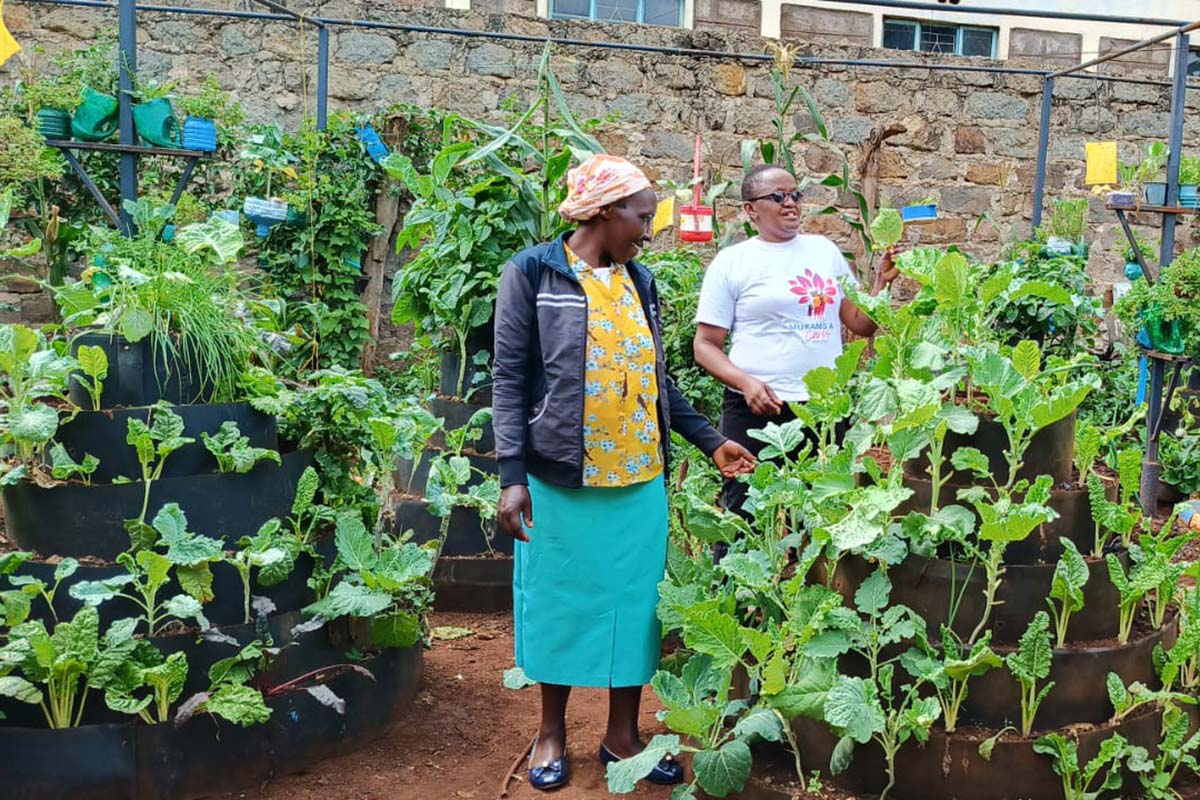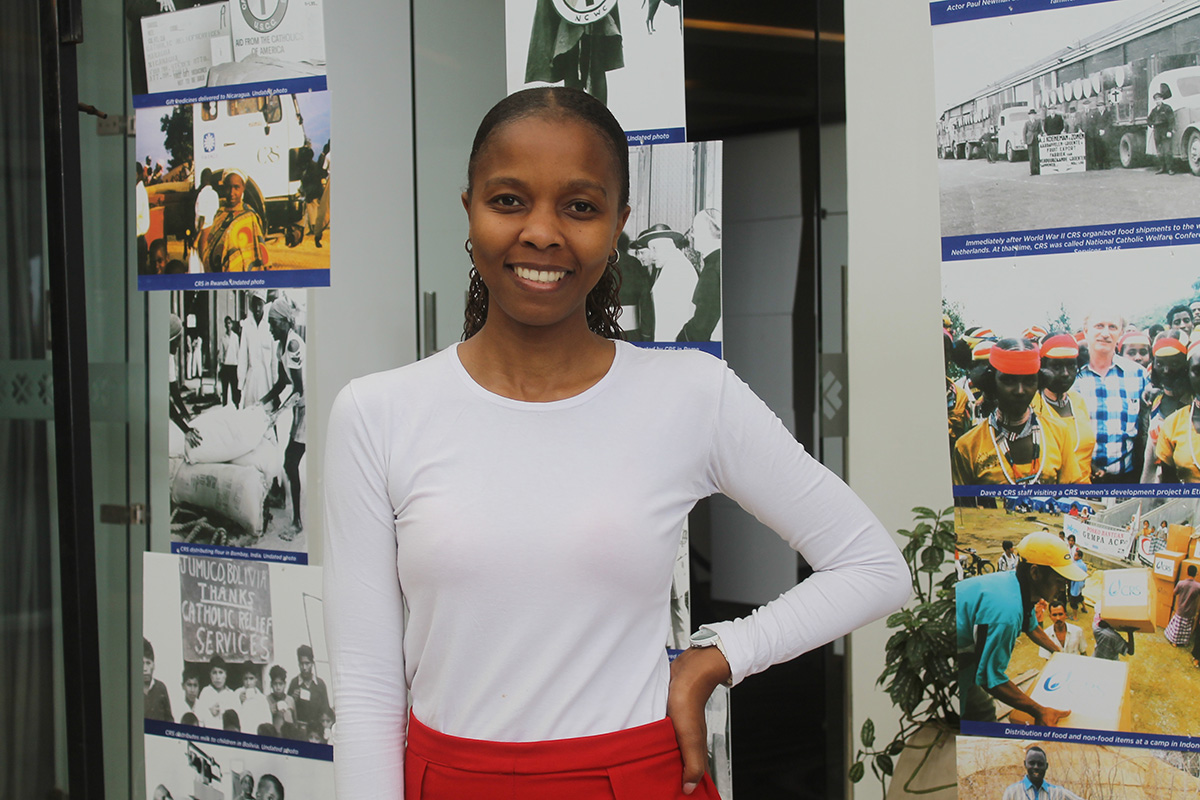Families in Kenya being strengthened to allow children in care institutions to return home
October 6by Joyce Wachau Chege
Photo credits: Faith Ndung’u
Children in Kenya who are being raised in care institutions are being reunited with their families whose capacity to support and care for them is being enhanced through agricultural skills training and education.
Faith Ndung’u, founder of GEEP-KENYA, says she is largely collaborating with the Government’s Department of Children Services (DCS) through her organization’s Legacy for Children (L4C) programme, in Murang’a, Kiambu and Meru Counties, to ensure implementation under the country’s National Care Reform Strategy for Children goes well.
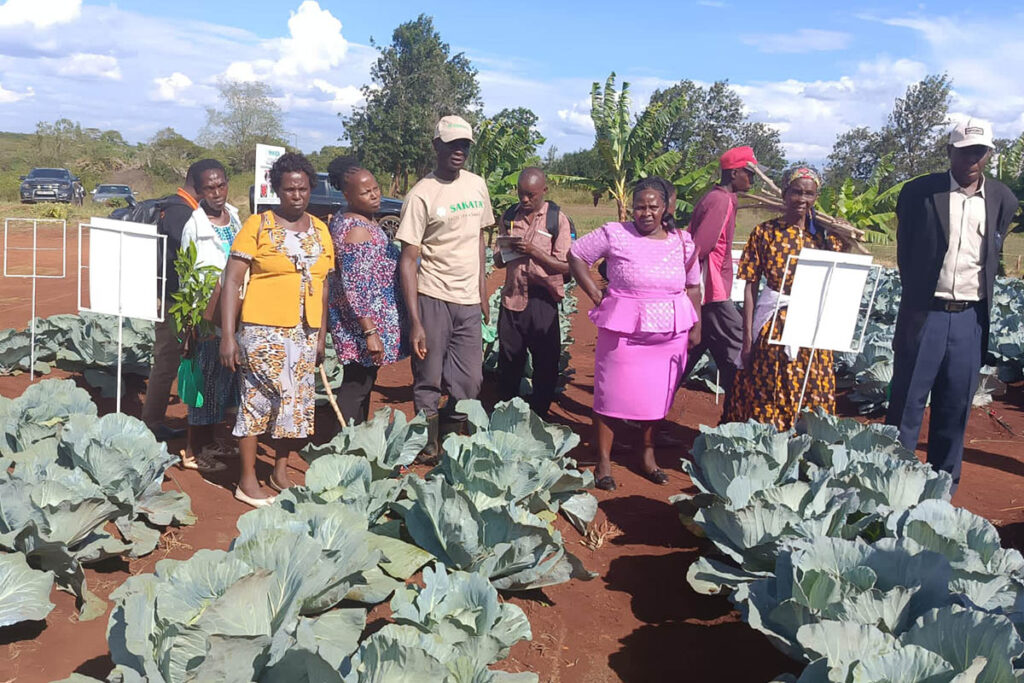
“Children raised in children’s homes are at a disadvantage, hence the transitioning could not have come at a better time,” said Faith, during an interview.
GEEP-KENYA is a community-based organization which is at the forefront of helping families to strengthen their financial capacity. One of the core activities in rural areas is agricultural skills training, including the establishment of urban gardens and crop diversification to help in food security using locally available materials that pose no harm to the environment. This way, families gain economic independence and are able to produce enough food for their homes and for commercial activity.
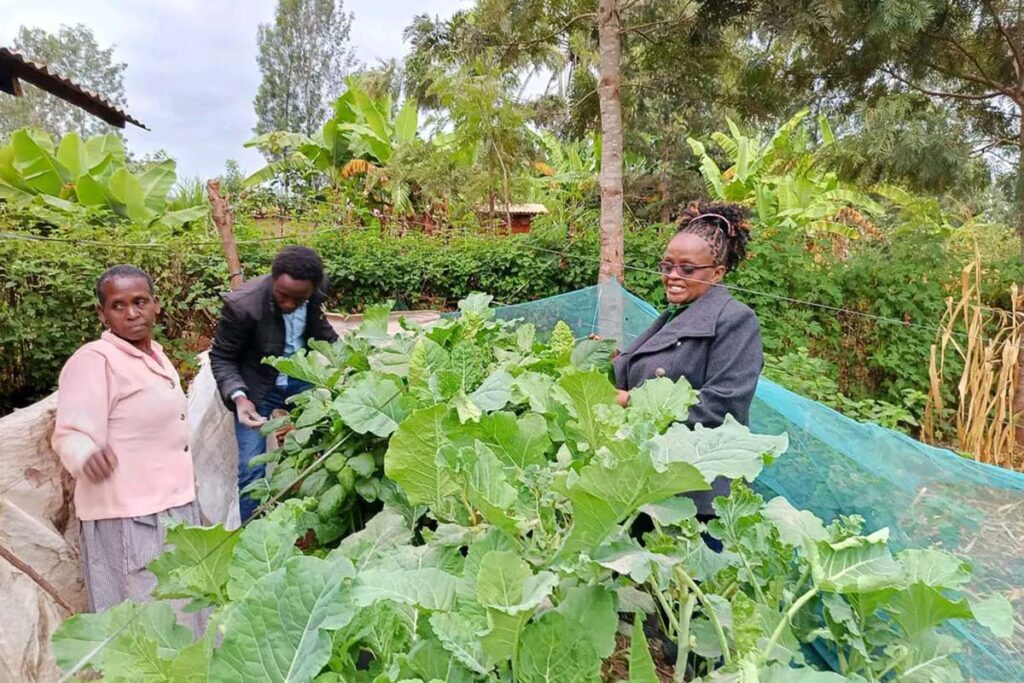
“We also highly advocate about education, since it is a crucial pillar in our lives. Through outsourcing for bursaries and scholarships, we are able to put kids through school and go on to make sure they have all the requirements needed, once in school,” she stated.
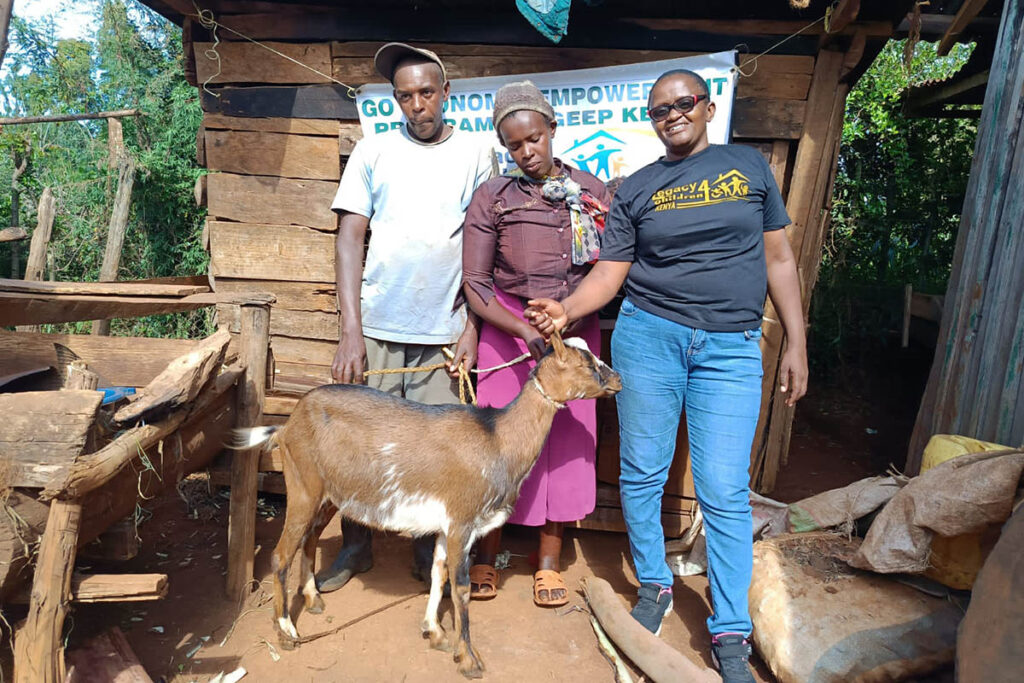
Parents in the community are also being educated on how to provide care for the children during reunification and how to prevent separations in the future. Children living with disabilities are also given special care during the process, since they require more attention compared with other children.
The care institutions involved in reuniting children with their families have been exposed to extensive training on how to offer health services to the families, money transfers for the cases that really need them, monitoring of families to make informed decisions on tracing and reintegrating the children with the families. Continuous spread of awareness about the reform is key to the community at large, to make sure that everyone is playing their role.
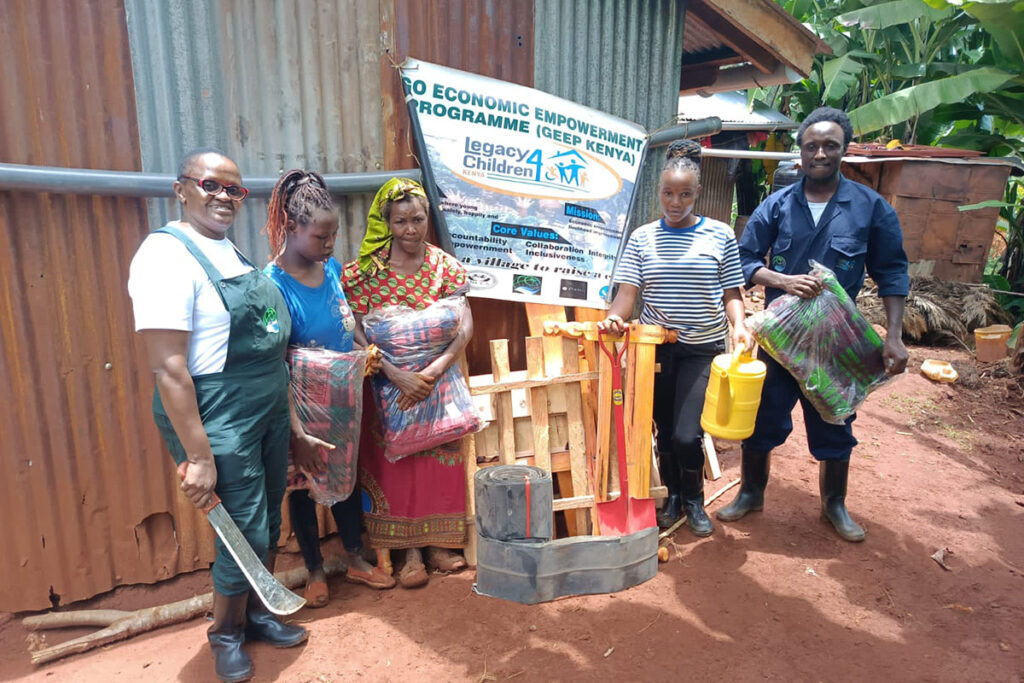
“In most cases, you find that degenerative societal norms are mostly what contribute to children being separated from the families,” Faith noted as she continued to expound on the pillars they lean on, as a way of making sure that their impact in society is fruitful. These include education, protection and safety, care giver development, health development, business skills and training, child/care giver attachment.

GEEP-KENYA has also been instrumental in promoting and empowering the wellness of the girl child by conducting hygiene training and providing sanitary towels, which has had an astounding impact. Women being the core care givers in the society, they are being encouraged to participate in food production training. Gardens are installed for them, which helps to combat poverty while ensuring their families have an all-time access to clean, healthy and good food, harvested from a clean environment. Foods that are indigenous are highly encouraged as a way of staying ahead of climatic changes.
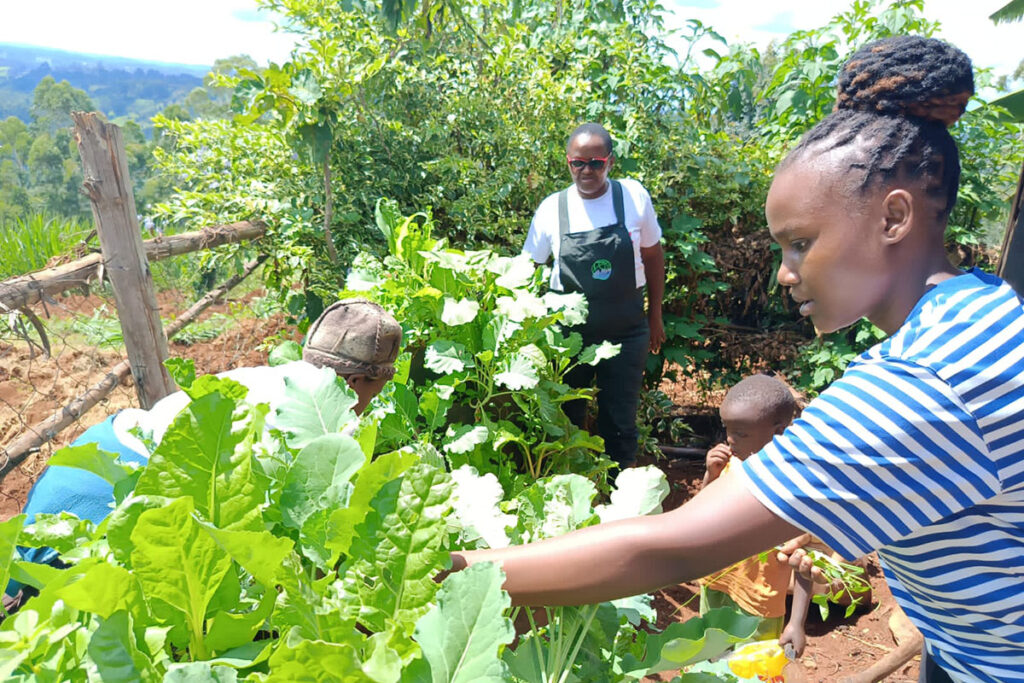
Furthermore, decentralizing of these initiatives and information is kept in motion with the help of Catholic Dioeces of Murang’a (CDM) Child Protection Desk and Stahili Foundation, showing just how much everyone is coming on board to make sure that the support being accorded to the children is a community effort.
“This is a continuous process. We will continue to advocate for dialogues that encourage safe transition. Rallying up donors and partners to help provide for resources during this deinstitutionalization is paramount too.”
Joyce Wachau Chege is a journalist from Kenya who enjoys reading books and writing stories. She enjoys travelling and one of her biggest ambitions is to be able to cover stories beyond her country and share them with the world.
